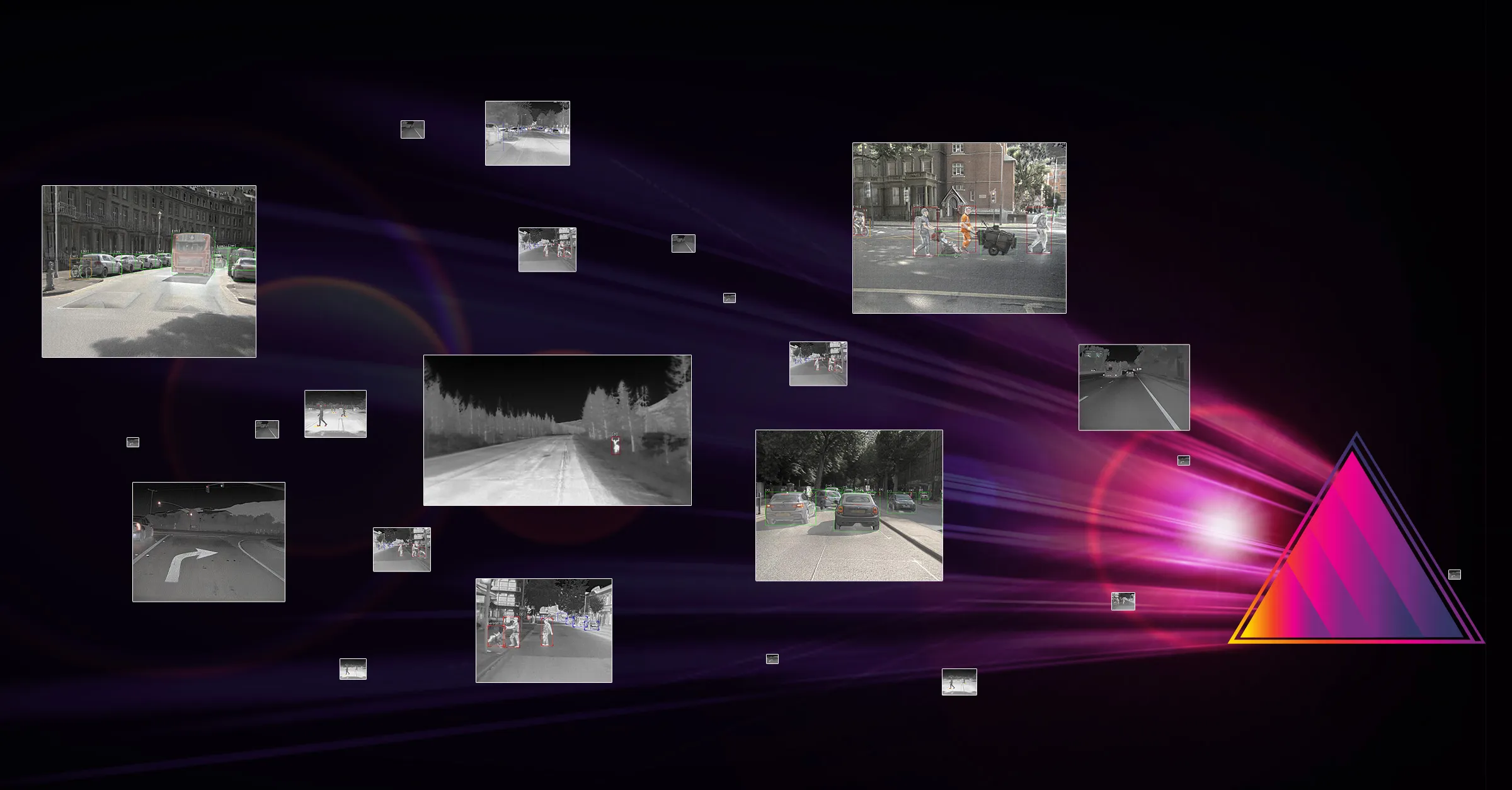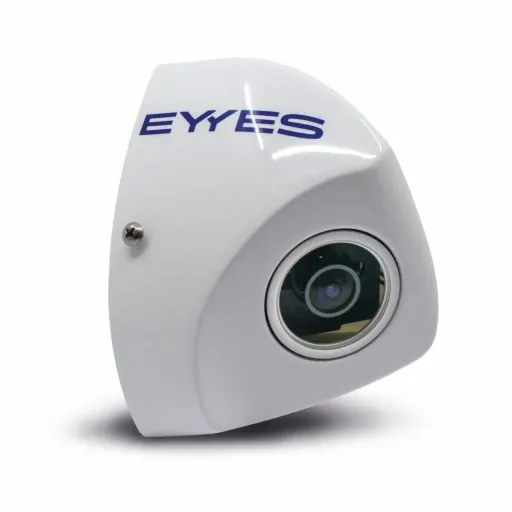
Teledyne Flir has released Prism AI, a software framework that provides classification, object detection and object tracking.
The company says it will enable automotive perception engineers to quickly start integrating thermal cameras for advanced driver assistance systems (ADAS) and autonomous vehicle (AV) systems.
Prism includes features such as visible-and-thermal image fusion and advanced thermal image processing capabilities which, the manufacturer says, provide superior pedestrian and animal detection in 'challenging' lighting conditions.
US pedestrian fatalities in the first half of 2021 soared by 46% compared to 2011, according to figures from the Governors Highway Safety
Association.
Teledyne Flir says thermal-enhanced ADAS and AV systems can "play a crucial role in driving down the unacceptable number of pedestrian traffic fatalities" and will help OEMs to meet upcoming regulatory testing procedures that include night-time pedestrian front crash prevention.
“The Prism AI software model has performed successfully in third-party, NCAP automatic emergency braking tests and will now help perception engineers create more effective systems,” said Michael Walters, Teledyne Flir VP product management.
“Combining the Prism AI development tools, plug-ins and dataset development offers integrators a route to quickly test and decrease development cost for thermal-enabled ADAS or AV that will help save lives.”
Developers can use Prism AI as the primary perception software or as reference software during in-house development, the company says.
A suite of Prism AI tools provides simplified data integration with Teledyne Flir's Conservator data lifecycle management software and it is compatible with the firm's thermal cameras including Boson, Tau 2, and the Flir ADK.
Prism AI also includes production-required features including authentication between the thermal camera and the electronic control unit - and can help lower compute costs for commonly-used desktop and embedded processors from NVIDIA, Ambarella and Qualcomm.








